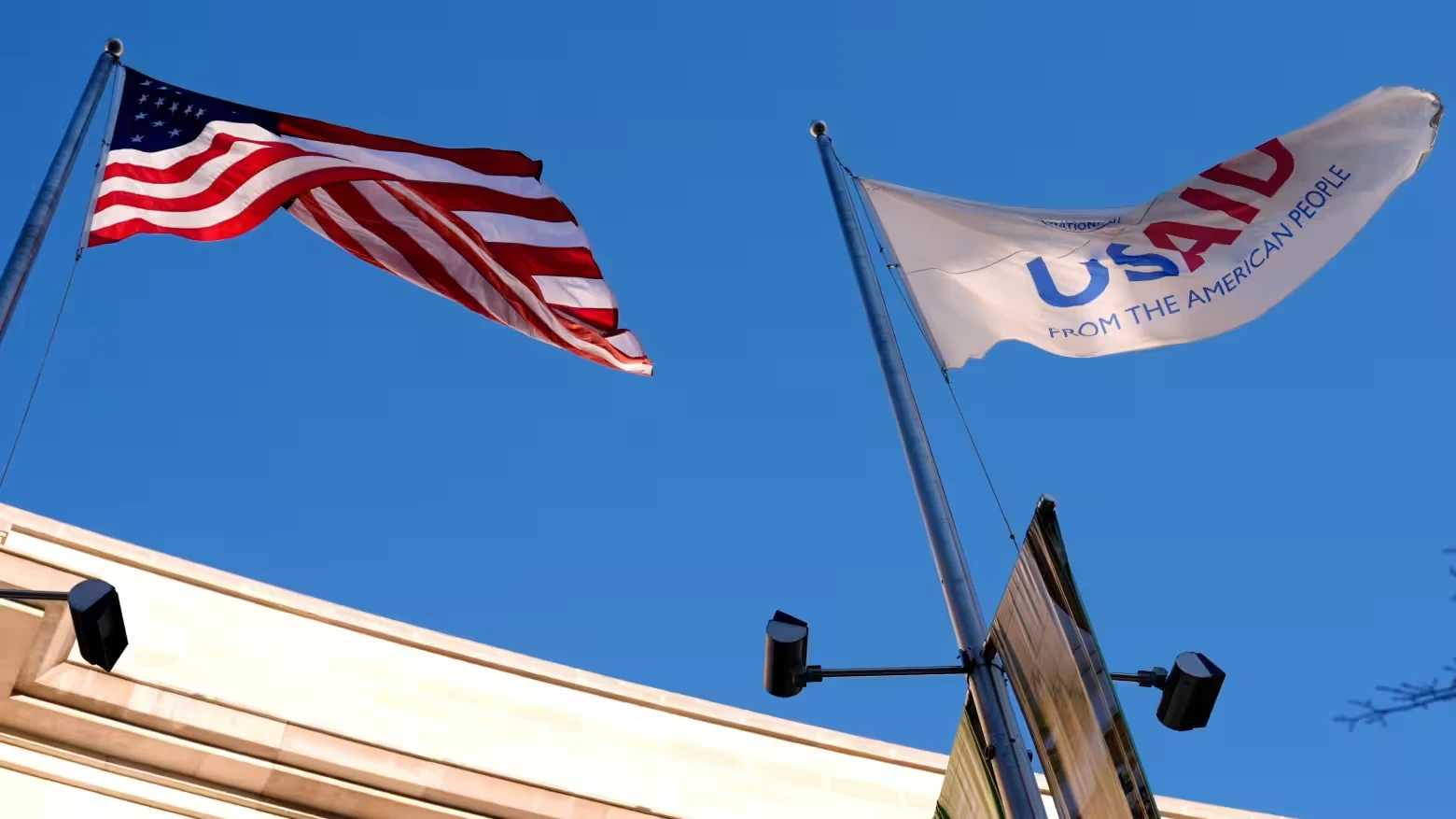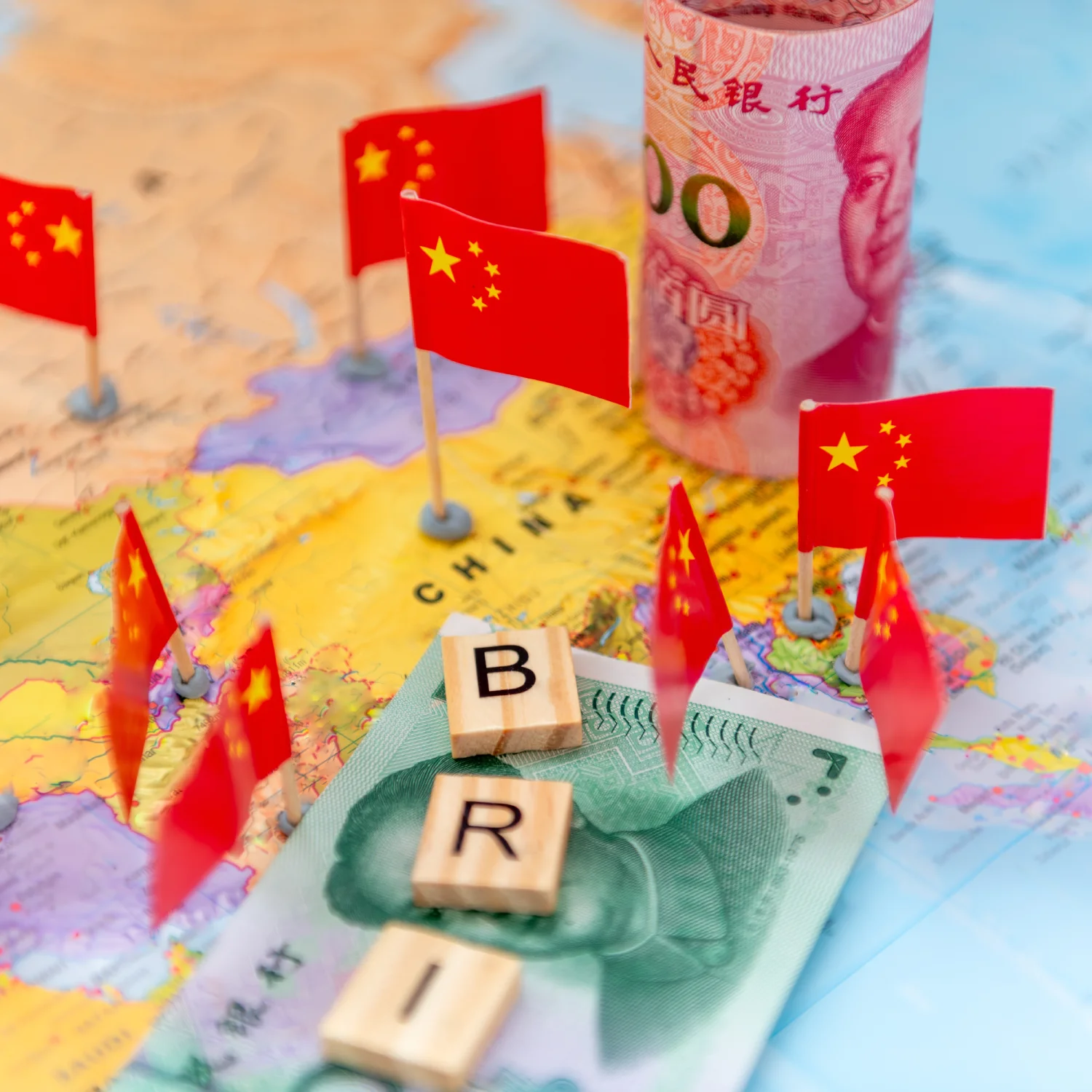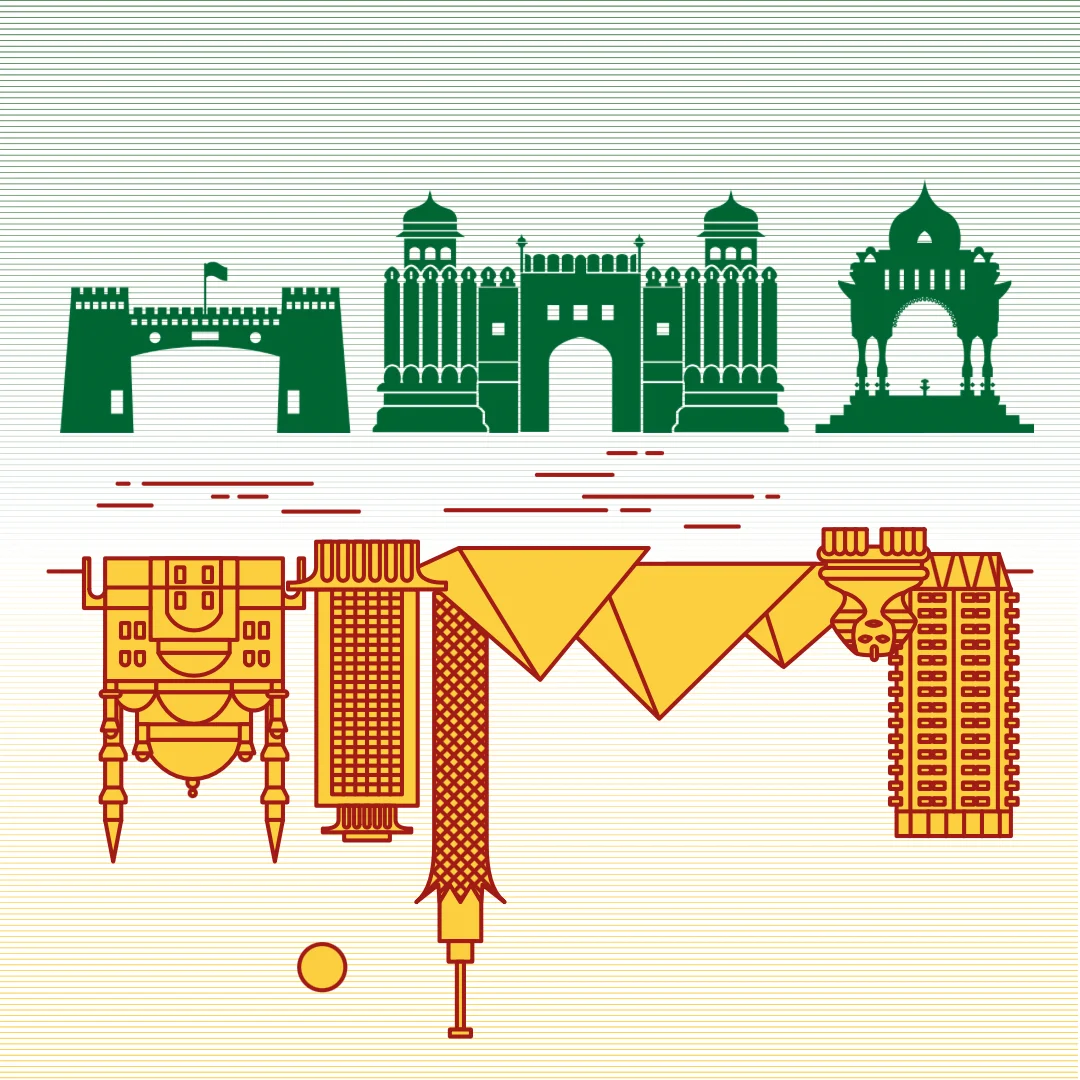On his first day in office, US President Donald Trump froze all humanitarian and development assistance programs for a period of 90 days. Citing a need to reduce “wasteful spending", his executive order halted nearly all USAID, and a sizable amount of State Department programming, across the world. While the legality of this step is being debated domestically, the Trump administration has made it clear that international development assistance – a longstanding pillar of US foreign policy - will be drastically reduced.
The autarkic tendencies demonstrated by the US – border controls, tariffs, aid cutbacks, and general belligerence towards allies in Europe and Canada – exemplifies increasing insularity in global politics. As the unipolar order breaks down across the West under the weight of both its own contradictions and the rise of China, states are shoring up resources domestically. Even Europe is preparing to rearm itself in the midst of weakening defence commitments from the US. The resources required will have to come from somewhere, and international aid programs, along with domestic welfare spending, are going to be likely (though inadequate) sources for reappropriation.
This ideological reordering is being fuelled by both rampant economic inequality and a gendered crisis of social mobility across the West. But rather than finding its voice through a universalist and humane politics that seeks to redistribute the wealth of oligarchs and the one-percenters, it finds its outlet through regressive and xenophobic attacks against internationalism, immigrants, women, and a host of minorities. International aid is thus a convenient punching bag in this fight.
There is, however, a broader and somewhat complex debate around the utility of foreign aid. On the Left, aid, and in particular US aid, has long been seen as imperialism by other means regardless of its declared intentions. With its roots in Cold War foreign policy, international assistance legitimized authoritarian leaders (including all three military dictators in Pakistan), paved the way for welfare retrenchment and neoliberalism via seemingly benign technical advice (in countries like Chile and Indonesia), and created cultural conflicts through top-down interventions on issues of religion and gender.
Given this context, Trump’s decision might be thought of as the right one. However, the regressive undercurrents of animus and xenophobia driving it, along with the already mounting fallout on vulnerable groups (especially beneficiaries of foreign-funded health programs), provide grounds for caution and opposition.
At the time of Trump’s freezing, USAID was operating nearly $800 million worth of programming in Pakistan. This includes urgent humanitarian assistance via health as well as food and nutrition programs. The fate of these programs, and of those running them, remains indeterminate.

Though public discourse seems to suggest otherwise, overseas development assistance in Pakistan has never formed the bulk of the social sector or humanitarian spending in the country. Public spending, both by the government and by private individuals, has always been greater. In a recent study, my co-authors at the International Center for Tax and Development (ICTD) and I found that the annual zakat amount given by regular Pakistanis is nearly three times the size of USAID’s outlay in the country.
The impact of foreign aid drying up, however, will be felt through means other than blanket numbers in social sector spending. Since the 1980s, a large segment of Pakistan’s formal civil society and non-profit space has emerged within the ambit of foreign aid flows. Many organizations working in domains as diverse as health, economic policy research, education, and human rights have remained reliant on donor projects. Large domestic organizations, subcontracted by foreign entities have, in turn, helped fund local partners at the regional and community level. That entire chain, already constrained due to harsh regulations and crackdowns on financial flows imposed by Pakistani authorities over the past 9 years, faces an even more precarious future.
Here, the old progressive critique is worth raising once more. The task of protecting Pakistan’s democracy, upholding fundamental rights of Pakistanis, and demanding transparency of Pakistani state institutions, should never have been left to the contingencies of global politics. But with the decline of the Left – through state coercion and global ideological shifts after the Cold War – the struggle for progressive rights became institutionalized within the non-profit space. Activism eventually generated its own occupational requirements. Funding and intellectual backing were both required, which international development assistance provided.
Alternatively, one can argue that many of the goals that Pakistani NGOs were set up for, leaving aside their ability or success, are constitutional objectives: civil liberties, human rights, freedom from discrimination, and democratic governance. And because these are unlikely to be supported or endorsed in a country with a conservative population and a deeply authoritarian state, a reliance on foreign aid became inevitable.
So, what is the future of these institutionalized goals in a context of dwindling resources? Some are predicting an even sharper turn towards authoritarianism, with the Pakistani state now unencumbered from the burden of pretending about human rights that is usually imposed by foreign powers. Similarly, the miniscule gains accrued by minorities, women, and other vulnerable communities over the last few decades, even if these were largely in legislative/paper form, may also face reversals.
But in this shake-up, new space and praxis is bound to emerge. A range of rights struggles are already active outside of the non-profit space, on issues as diverse as climate and environmental justice, livelihoods of coastal and other peripheral populations, and ethnic inequality. Struggles for gender rights have emerged and evolved generationally as well, as Aurat March has already shown. While some choose to collaborate, many other political activists take strong positions in defence of the constitution. These movements need neither donor intellect to explain the problem, nor do they require donor financing to wage their battles.
People’s lived realities in Pakistan are characterized by visceral inequities that cannot be masked by ideology or false consciousness. And they will surely find ways of tackling them, with or without foreign assistance.





